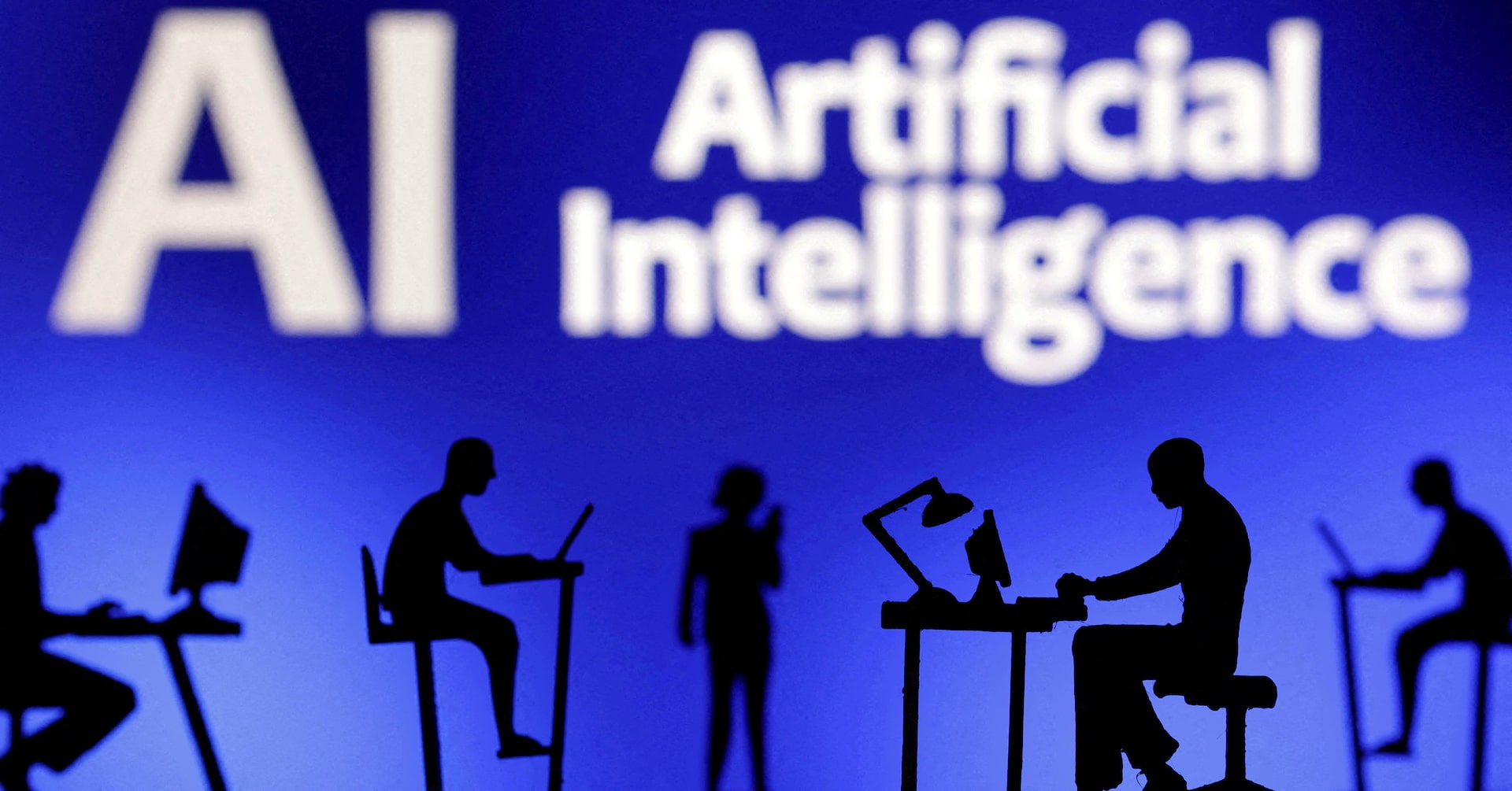
A recent study has shown that the latest generation of generative artificial intelligence (AI) systems can successfully complete — and in many cases excel in — law school final exams. This development signals a remarkable leap in the capabilities of AI in processing, understanding, and applying complex legal content, traditionally considered a difficult field for automation.
The study benchmarked a cutting-edge generative AI model against standard law school final examination questions, including essays and issue-spotting problems, which require not just rote knowledge but nuanced understanding and articulation of legal reasoning. The results demonstrated that the AI was able to not only answer questions correctly but do so in a manner comparable to or better than human law students.
Researchers found the AI particularly adept at synthesizing case law and statutory interpretation, managing to mimic the reasoning and analytical structure expected of advanced law students. It performed strongest in areas such as contract law, torts, and constitutional law — core subjects in most U.S. JD programs. The system was less consistent in areas requiring policy-based analysis or real-world judgment, where context and emotional intelligence play a greater role.
This advancement raises important questions for legal education and the future of the legal profession. While AI tools could significantly streamline legal research and aid in routine legal writing, experts caution that they are not yet substitutes for the practical wisdom and ethical judgment that professional lawyers must exercise.
Legal academics note that while AI can enhance legal education by providing feedback and serving as a supplemental tutor, it also presents challenges related to academic integrity and assessment validity. Law schools may need to reevaluate exam formats or develop new ways to ensure that essential skills such as advocacy, ethics, and interpersonal communication are still effectively taught and tested.
Overall, the study underscores the tremendous progress in natural language processing and machine learning, with generative AI systems like GPT models becoming increasingly capable of engaging with complex human tasks. As legal professionals adapt to these changes, the role of AI in legal practice is expected to continue expanding rapidly in the coming years.
Source: https:// – Courtesy of the original publisher.








